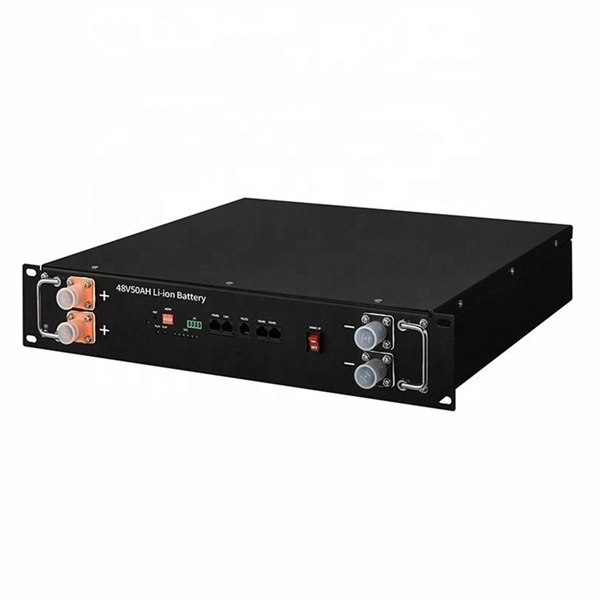Wholesale Solar Lithium Batteries
MANLY Battery offers Wholesale Solar Lithium Batteries designed for long-lasting performance and safety. With a focus on custom features, global certifications, and a 10-year warranty, our batteries provide reliable energy storage solutions. Each battery is engineered for durability, ensuring optimal performance even in tough environments. Choose MANLY’s Wholesale Solar Lithium Batteries for efficient energy solutions tailored to your needs.
12V 7Ah LiFePo4 Battery
- Ultra-Light Battery Housing
- Built for Micro Applications
- Consistent 12V Output Power
12V 9Ah LiFePo4 Battery
- Compact Power for Small Loads
- Engineered for Low-Draw Devices
- Stable Output in Harsh Weather
12V 20Ah LiFepo4 Solar Battery
- Works in Subzero Conditions
- Series and Parallel Ready
- Zero Maintenance Required
12v Lithium Battery 50Ah
12V 48Ah Lithium Battery
- Drop-In Lead-Acid Replacement
- Compact Yet Powerful Design
- Certified for Global Compliance
12V 80Ah LiFePo4 Battery
- Supports Four Charging Methods
- Engineered for Off-Grid Living
- Zero-Maintenance Battery Solution
24V 20Ah LiFePo4 Battery
- Built-In Short Circuit Protection
- Designed for Marine and Robotics
- Max 20A Discharge Current
5kWh Battery For Home Energy Storage
- Designed for home energy storage
- Supports solar and generator charging
- UL, CE, UN38.3 certified
10kWh Powerwall Battery For Home Energy
- Industry-Leading 99% DOD
- Maximum Off-Grid Compatibility
- World’s Most Efficient Storage
15KWH Home Energy Storage Solution
Contact Us
To receive your email faster, please copy [email protected] and send your email directly, or fill out the form below.
How Many Years Does a Solar Lithium Battery Last?
Typically, Solar Lithium Batteries can last anywhere from 5 to 25 years. The most common type, lithium-ion, often lasts up to 15 years. Key factors influencing battery lifespan include battery type, installation quality, depth of discharge (DoD), cycle life, environment, and regular maintenance.
For those considering solar batteries, it’s essential to maximize their lifespan. This guide will explain the critical factors that influence battery health and what to consider when choosing a reliable battery from a reputable Lithium Battery Supplier.
Factors That Affect Solar Battery Lifespan
The durability and lifespan of Solar Lithium Batteries depend on various elements such as battery type, environmental conditions, cycle life, DoD, and maintenance practices.
1. Battery Type
Different battery types have varying lifespans:
- Lead-Acid Batteries: These traditional batteries typically have a shorter lifespan, around 3 to 5 years, due to their lower cycle life of 1500 to 3000 cycles.
- Lithium-Ion Batteries: The most popular choice today, lithium-ion batteries offer a longer cycle life, often surpassing 6000 cycles and lasting over 15 years.
- Flow Batteries: These relatively new batteries provide a high DoD and a lifespan between 15 to 25 years. However, they are not as common due to their high cost and the need for toxic chemicals in their operation.
2. Installation Environment
Where you place your Solar Lithium Batteries matters. Batteries stored outdoors or in extreme conditions degrade faster. For example, placing them in an area with controlled temperatures, such as a garage or sheltered outdoor space, can significantly prolong their lifespan.
Lithium batteries, like the 5Kwh Battery model from MANLY Battery, operate best within 0°C to 50°C. Exposure to temperatures outside this range can reduce performance, causing long-term damage.
3. Depth of Discharge (DoD)
The depth of discharge indicates the percentage of a battery’s capacity that can be used without harming its lifespan. Lithium-ion batteries usually have a DoD between 80% to 95%. For instance, if a battery has a 13 kWh capacity and a 90% DoD, up to 11.7 kWh can be safely used.
4. Cycle Life
A battery’s cycle life refers to the number of full charge and discharge cycles it can handle before losing efficiency. Lithium-ion batteries generally have a much higher cycle life compared to lead-acid types, making them ideal for long-term use.
5. Maintenance
Modern Solar Lithium Batteries require minimal maintenance, but it’s still important to monitor their performance regularly. Many advanced systems come with built-in monitoring apps, allowing users to track battery health and efficiency over time.
Choosing the Right Warranty
When selecting a solar battery, consider the warranty. High-quality Wholesale Solar Lithium Batteries often include a warranty lasting over 10 years, covering a specified number of cycles. Ensure that the warranty aligns with your expected usage and performance needs. Be cautious of warranties less than 10 years, as they might indicate lower-quality products.
Comparing Solar Battery Lifespans with Solar Panels
Solar panels typically last between 20 to 30 years, outlasting most solar batteries. For this reason, it’s crucial to select a high-quality Solar Lithium Battery that can operate efficiently for as many years as possible. Installation quality also matters; choosing a certified installer can significantly affect your battery’s performance and longevity.
Understanding Deep Cycle Batteries
Deep cycle batteries are designed for consistent, extended power delivery, with a DoD of 80% or higher. This means these batteries can be regularly discharged without damaging their lifespan. Nearly all modern Solar Lithium Batteries fall into this category, making them suitable for solar energy storage.
Key Considerations for Solar Battery Selection
When choosing a Solar Lithium Battery, the projected lifespan should be a top priority. Here’s what to look for:
- Warranty Length: Aim for 10 years or more.
- Cycle Life: Higher cycle life means a longer-lasting battery.
- DoD: A higher DoD indicates more usable capacity.
- Durability: Look for batteries that can withstand varying temperatures and environments.
Maximize Your Solar Investment
With Solar Lithium Batteries, you can power your home or business efficiently while minimizing environmental impact. By understanding what affects their lifespan and choosing a reliable Lithium Battery Supplier, you can enjoy long-lasting, dependable energy storage for years to come.
Trending Now










































